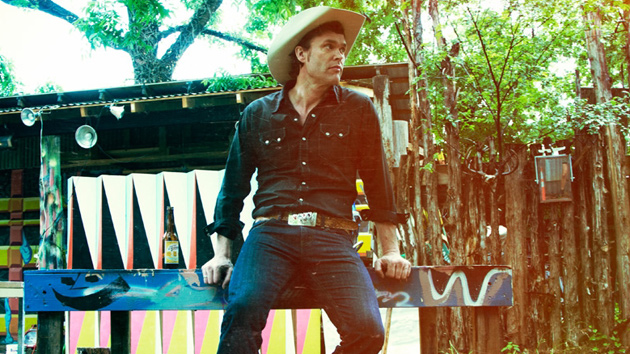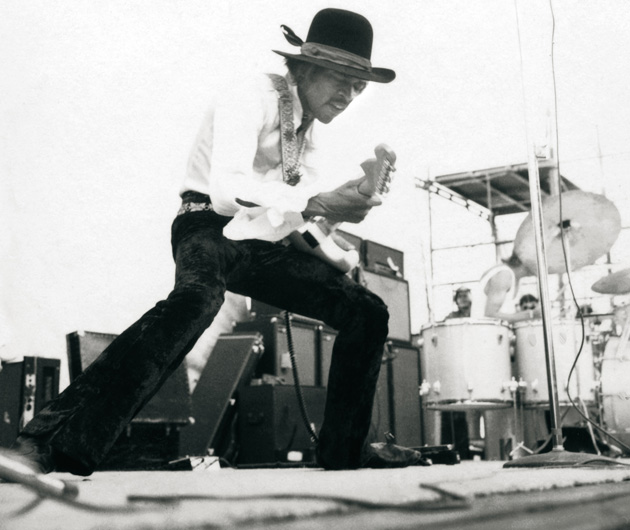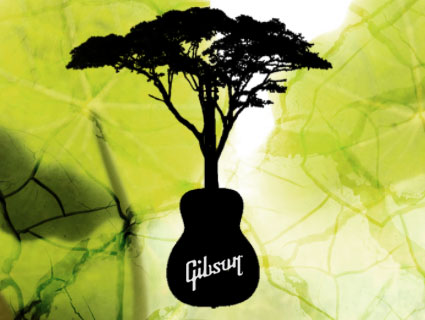Gary Clark Jr.
Live
Warner Bros.

A guitar hero for the modern era, Gary Clark Jr. plays bluesy rock with a blistering urgency that makes the hoariest conventions feel brand new. For all his flashy expertise, the muscular solos and buzzing riffs never feel gratuitous, while Clark’s terse, tough singing nicely complements his fretwork. This 15-track, 97-minute feast is the perfect showcase for his brilliance, mixing versions of standards like “Three O’Clock Blues” (popularized by B.B. King) and “Catfish Blues” (also covered by Jimi Hendrix) with pungent originals, from sleek boogie (“Travis County”) to tender soul (“Please Come Home”), with lots of fireworks in between. While it’s tempting to view him as the next coming of Hendrix, especially in light of his take on Jimi’s “Third Stone from the Sun,” Clark is closer in spirit to Stevie Ray Vaughan: less an exotic, godlike genius than a gifted guardian of tradition who never fails to thrill.















